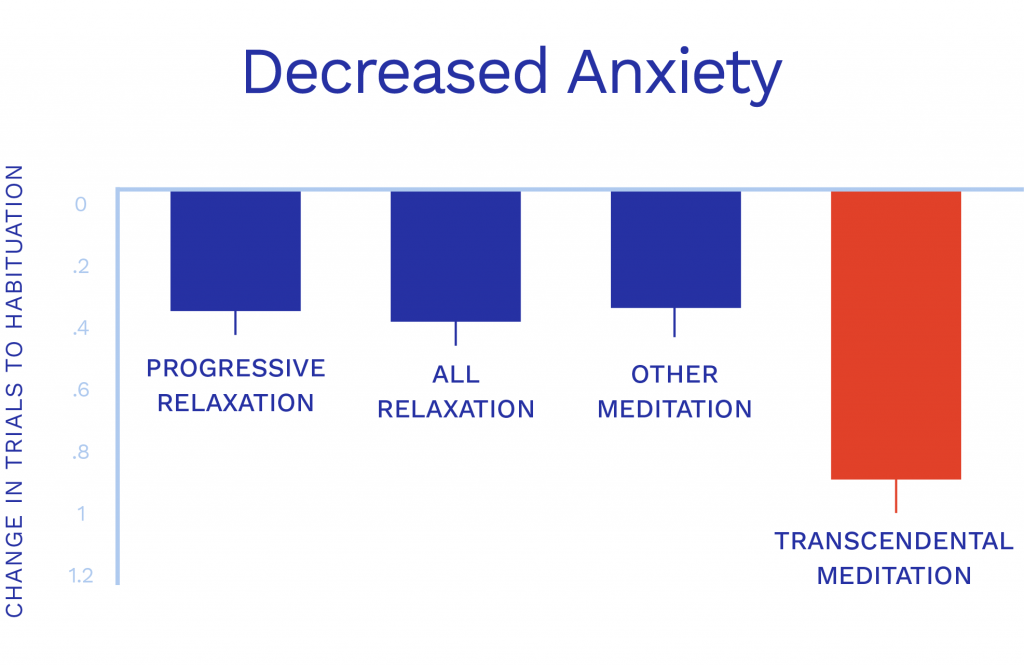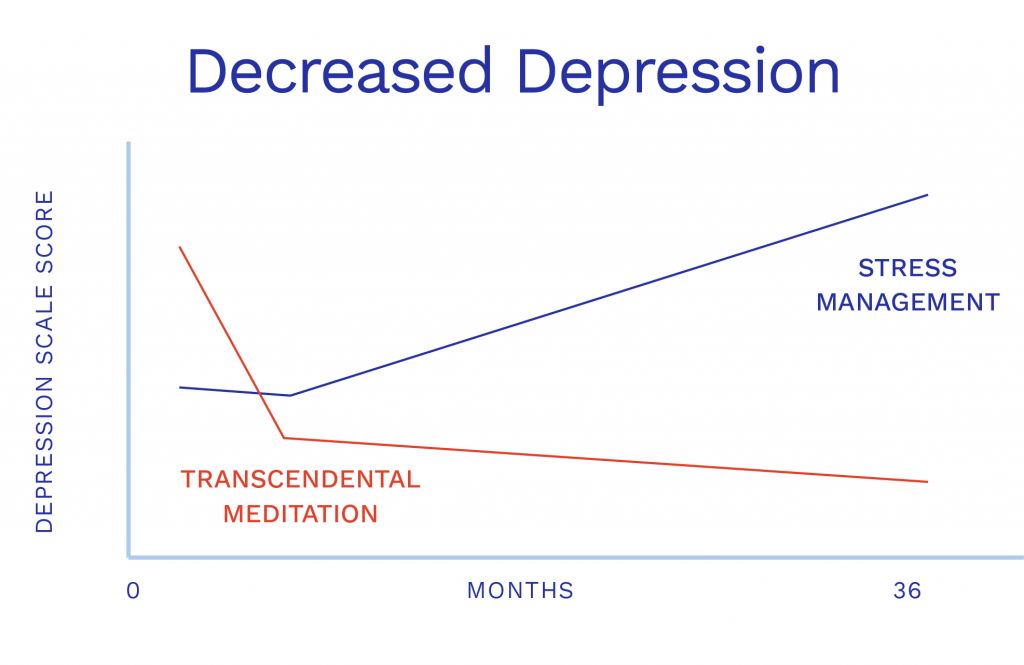Anxiety, Depression, and Mental Health

According to a recent survey by CNN, “Ninety percent of US adults say the US is experiencing a mental health crisis.” Twenty percent of adults characterize their own mental health as being only between poor and fair. About 22% of adults received treatment for mental imbalances in 2021, up 19% from 2019. Even before the pandemic, mental health in the USA was a problem but it has grown exponentially.
The first step in improving mental health is a person’s recognition of the difficulty she’s experiencing. According to Sarah Brummett, director of the National Action Alliance for Suicide Prevention’s executive committee, “Perhaps one of the only benefits of the pandemic and the shift that our country has been going through is the increase in our willingness to acknowledge and talk about when we might be struggling and in need of support.
This distressing situation could have been–and continues to be–preventable.
The state of being healthy mentally encompasses a holistic state of emotional, psychological and social fitness. Mental health is more than just the absence of stress, anxiety or depression–it’s an inner state of happiness and contentment that is not dependent on external circumstances.
The benefits of the Transcendental Meditation technique are experienced in mind, body and spirit. Immediate benefits include feelings of rejuvenation; cumulative benefits include mental, physical and emotional resilience.
During the TM technique, the mind and body shift into a balanced style of functioning that is the opposite to mental and physical distress. Biochemicals in the bloodstream associated with tension and anxiety—such as cortisol and plasma lactate—are significantly decreased, leading to greater clarity, ease, calmness and restfulness.
Neuroscientists have found that during TM practice, the brain produces a distinct pattern which corresponds to a deep state of relaxed wakefulness—characterized by serenity, expansion and bliss.
The current mental health crisis is not just affecting adults but is also a critical issue for teens and even children. According to the National Library of Health’s PubMed, “Transcendental Meditation may improve mental health of the young adult population especially in the areas of somatisation and anxiety, and this effect seems to be independent of age, sex and marital status.”
Science looks at the effect of TM on anxiety…
Many women cite ongoing anxiety as a predominant feature of their mental disturbance. A meta-analysis published in 2014 in the Journal of Alternative and Complementary Medicine found that the Transcendental Meditation technique significantly reduces trait anxiety for people with high anxiety.
According to research published in the Journal of Clinical Psychology, the TM technique is significantly more effective in reducing trait anxiety (a tendency to feel anxious as part of one’s personality) than techniques involving concentration or contemplation. In contrast to feeling anxious, after each period of TM, one feels refreshed, more fulfilled, and more at ease.

…and on depression
Published research on theTM technique’s benefits indicates what those who learn TM find within themselves: a renewal of happiness and hope–the very antithesis to depression.

Securing your family’s mental health
Our family environment plays a crucial role in the mental health of each family member, especially of children. We learn self worth, encouragement, nurturing skills, and appreciation of others in our family relationships as a microcosm for the world at large. Disturbances that knock these traits off balance contribute to poor mental health, bad decisions, unhelpful thoughts and unproductive behavior.
There is, unfortunately, an onslaught of influences from the environment that is enough to throw anyone off balance. Giving your family the chance to learn the Transcendental Meditation technique will award them with resilience, a foundation in wellbeing, self-esteem and happiness–all securely within themselves–ensuring a smooth path to regaining and maintaining mental health.
Talking to friends and counselors, reading inspirational material, exercising, eating fresh food, taking time to enjoy the beauty in the world, and other routines can benefit mental health. The Transcendental Meditation technique has been verified by more than 435 published studies to improve all aspects of life in one stroke and is easily learned and practiced by everyone from your five-year-old to your great-grandparents.
Build Mental Health Effortlessly: Find Out How To Learn The TM Technique
About the Author
Janet Hoffman is the executive director of TM for Women Professionals, a division of TM for Women in the USA
Vanessa Vidal is the national director of TM for Women in the USA





